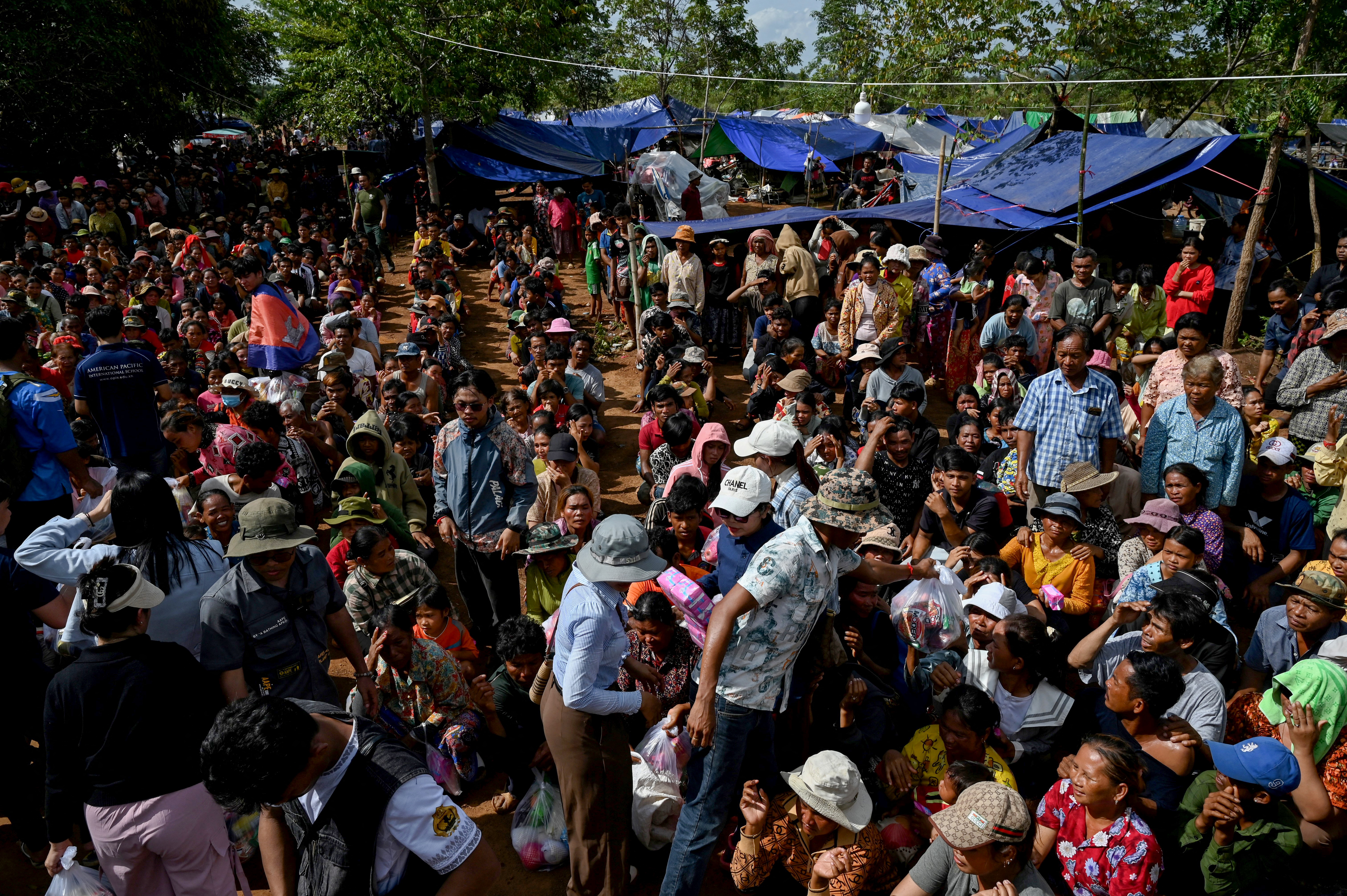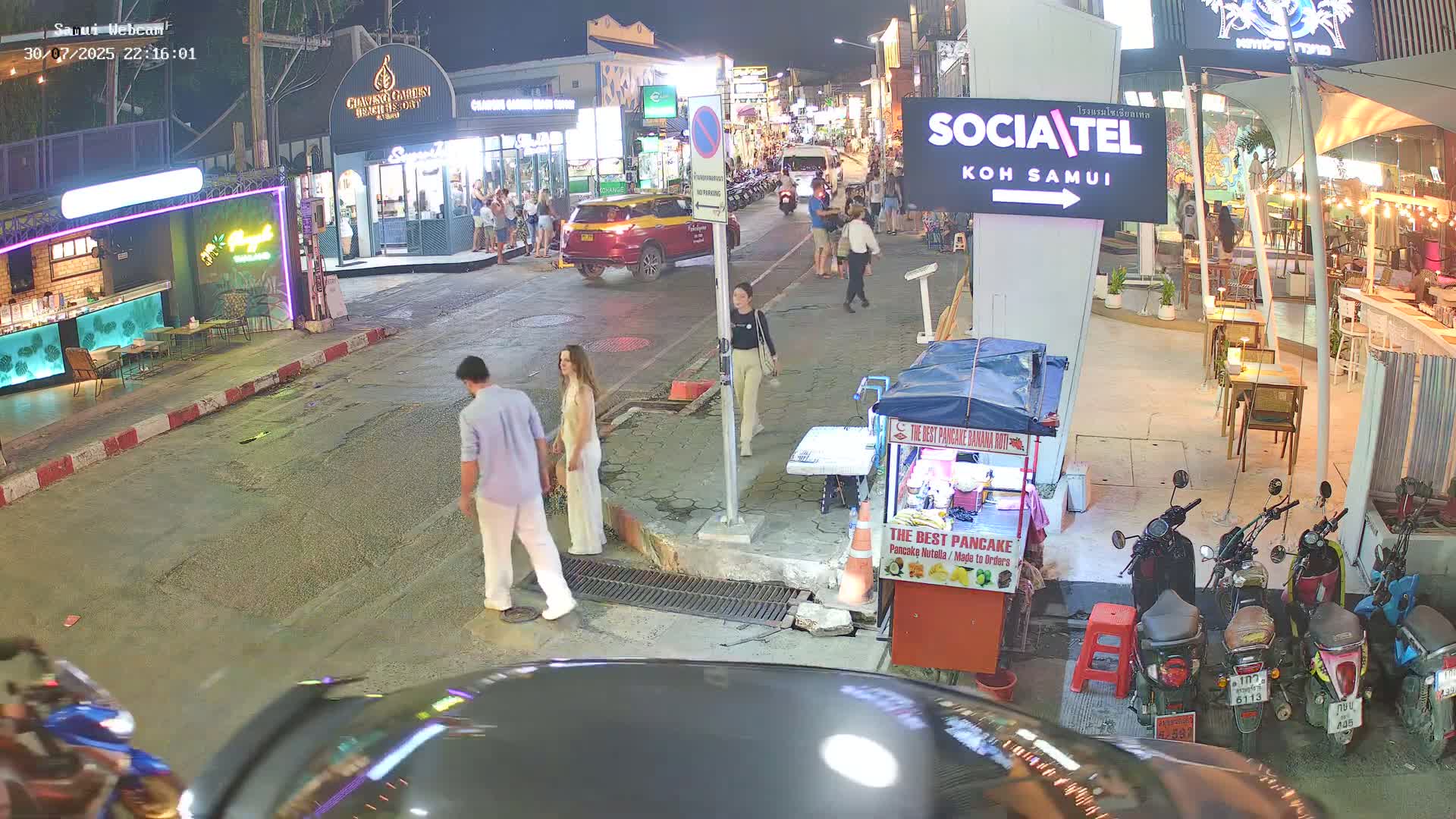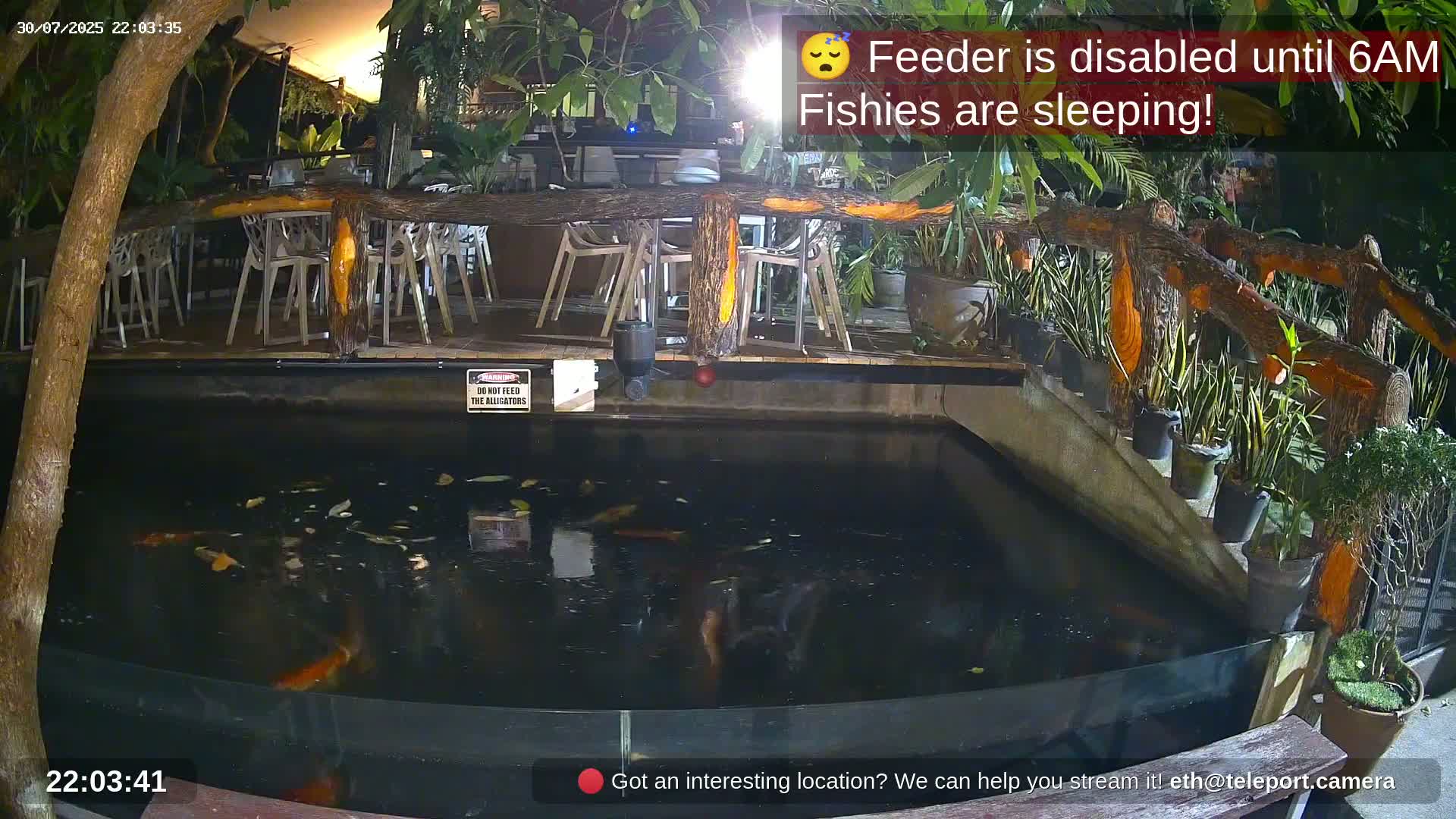Thailand and Cambodia Border Conflict: Ceasefire Violated Amidst Tensions
The fragile ceasefire between Thailand and Cambodia, intended to halt days of deadly border clashes, is already under strain.
Thailand accuses Cambodia of violating the agreement just hours after it took effect, alleging continued gunfire from the Cambodian side. Cambodia denies these claims.
The ceasefire aimed to end five days of intense bombardment and rocket attacks along their shared border, which has resulted in at least 33 deaths and the displacement of thousands.
A planned meeting between local commanders has been postponed, casting further doubt on the truce's stability.
Background of the Conflict
Tensions between the two Southeast Asian nations have been simmering for years over a disputed border, escalating significantly in recent weeks.
The conflict intensified after a landmine explosion injured Thai soldiers, leading to border closures, diplomatic recalls, and deadly rocket attacks.
While Cambodia's Prime Minister Hun Manet claimed improvements on the frontlines, Thailand reported ceasefire violations.
The agreement called for troop withdrawals and independent monitoring.
The conflict's roots trace back to the French occupation of Cambodia and subsequent border demarcations. The registration of a temple in the disputed area as a UNESCO site in 2008 heightened tensions.
Recent months have seen increased border restrictions and troop deployments. Anwar Ibrahim brokered a meeting in Malaysia between Hun Manet and Phumtham Wechayachai. Initially reluctant, Thailand agreed to the ceasefire after pressure from the US.



